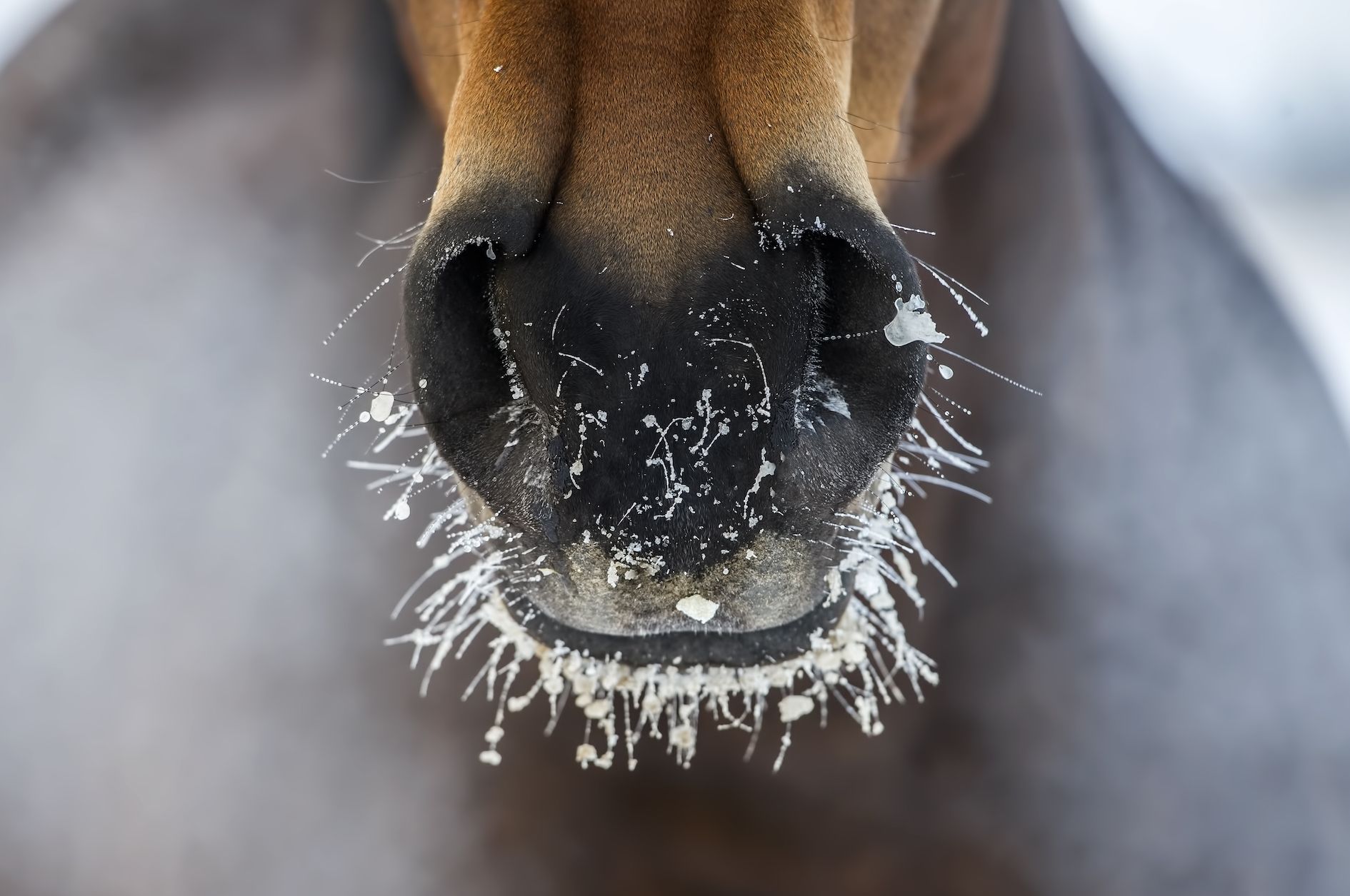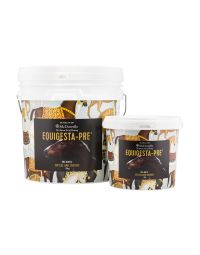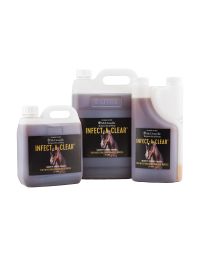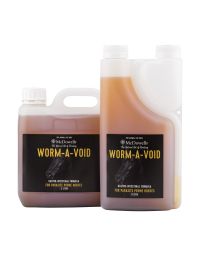As the chill of winter sets in, ensuring your horse remains in peak health requires some preparation. While horses are naturally equipped to handle colder temperatures, they still need a helping hand to stay comfortable and thriving throughout the season.
Understanding how horses adapt to winter
Horses have an incredible ability to adjust to the cold, but they require time to acclimate. A thick winter coat, body fat reserves, and access to high-quality forage all play a crucial role in maintaining their body temperature. However, young, elderly, or unwell horses may need extra support to stay warm and healthy.
A key concept in winter horse care is the Thermoneutral Zone (TNZ)—the temperature range within which a horse does not need to expend extra energy to stay warm. When temperatures drop below this range, horses increase their metabolic rate and adjust their behavior to maintain core warmth. Understanding this can help horse owners make better feeding and management decisions.
Essential daily winter care for horses
1. Monitor body condition – Keep an eye on your horse’s body condition score to prevent excessive weight loss. Use your hands to feel through the winter coat, as thick fur can hide changes in weight.
2. Provide adequate shelter – Horses need a windbreak or shelter to escape harsh weather. Even a simple three-sided shelter or a thick grove of trees and scrub can provide relief from wind, rain, and snow.
3. Ensure access to unfrozen water – Hydration is key in winter. Offer slightly warmed water if possible, as horses tend to drink more when it’s not ice-cold. Break any ice that forms in troughs.
4. Increase feed for energy – Digesting forage generates internal heat, so provide ample good-quality hay. Consider adding a high-fibre mash for extra warmth and hydration. Add in herbs and supplements to support immunity and seasonal wellbeing.
5. Limit over-grooming – A horse’s natural oils provide insulation. Avoid excessive brushing of unrugged horses to maintain their coat’s protective barrier.
6. Improve footing in muddy areas – Use gravel, stone, or rubber mats at gateways and water access points to prevent deep mud and reduce the risk of mud-related conditions like thrush or abscesses. Pick out hooves daily to remove packed ice or mud and to check condition of their hooves and lower legs.
7. Use rugs if necessary – If your horse is clipped or struggles to maintain weight, consider using a properly fitted winter rug, but avoid over-blanketing, as they can overheat.
8. Maintain hoof care – Continue regular farrier visits even if they are not being ridden as much; check for ice buildup or mud-related hoof issues like thrush.
9. Provide Adequate Exercise – Even in colder months, keep them moving with turnout or light work to prevent stiffness and boredom.
10. Monitor for respiratory issues – If kept indoors for periods during winter, ensure proper ventilation and use dust-free bedding to avoid respiratory problems.
Bots, worming and gut health
Botflies (Gasterophilus spp.) are parasitic insects that infect horses with their larvae developing in the stomach of the horse. Their life cycle follows these stages:
Egg Stage (Late Summer - Early Autumn) Adult botflies lay tiny yellow eggs on the horse’s legs, chest, shoulders, and face. The eggs hatch when the horse licks or bites the area, stimulated by warmth and moisture.
Larval Stage (Autumn - Winter) The larvae migrate to the mouth, burrowing into the tongue or gums for a few weeks. They then move to the stomach lining, where they attach and grow for several months (late fall to spring).
Pupal Stage (Spring - Early Summer) Mature larvae detach from the stomach and pass out in manure. They burrow into the soil and pupate, transforming into adult flies.
Adult Fly Stage (Summer - Autumn) Adult botflies emerge, mate, and restart the cycle by laying eggs on horses. Adult flies do not feed and only live for a few weeks to reproduce.
If you feel your horse lives in an environment with botflies, we recommend worming late autumn (after the first frost) or early to mid-winter to kill the bot larvae from the Autumn laying. Use ivermectin or moxidectin to kill larvae before they cause stomach damage. You can treat again in spring if needed, especially in warmer climates.
It is important to then focus on repairing the gut from damage by worms and worming. The best product for this is McDowells Equigesta-Pre. Equigesta-Pre contains a combination of pure herbal powders, brewer's yeast and bentonite clay. Traditionally this combination has been used to aid and promote beneficial intestinal microorganisms. This unique blend can be used daily as an equine prebiotic to support and stimulate the growth and activity of good bacteria in the digestive system.
Colds and flus and viruses
Flus and colds in horses are common respiratory conditions that can affect equine health, performance, and overall wellbeing. Equine influenza, one of the most contagious viral diseases in horses, causes symptoms such as fever, coughing, nasal discharge, and lethargy.
Other viral infections, like equine herpesvirus (EHV), can present similarly and may also lead to more serious complications. While horses don’t get “colds” in the same way humans do, they can develop mild respiratory infections due to viral or bacterial exposure, especially in stressful environments like competitions or transport. These illnesses spread easily through direct contact or airborne droplets, making biosecurity and vaccination crucial in prevention. Early diagnosis and rest are key to recovery, with veterinary attention needed if symptoms worsen or persist.
Colds and flus and viruses can be assisted using the McDowells Infect-A-Clear. The herbs in this mix have been traditionally used to stimulate the horse’s own natural elimination which may help to clear these naturally occurring metabolites thereby improving the immune system's response. A 12-week course is advised which is a full blood cycle. The tonic will need to be given continuously for a minimum of 3 weeks and can be maintained long term if necessary.
Herbs to Support Winter Health
Adding herbs to your horse’s winter diet can provide immune-boosting, circulation-enhancing, and digestion-supporting benefits. Here are some of the most effective:
Nettle – A natural blood tonic rich in iron and vitamins. Supports circulation and helps ease arthritis, which can worsen in cold weather.
Rosehips – Packed with vitamin C, iron, and biotin, rosehips support immune function, kidney health, and hoof strength.
Dandelion Leaf – A powerhouse of vitamins and minerals, including potassium, calcium, and vitamin A. Supports liver function and digestion.
Ginger – A warming herb that boosts circulation, keeping extremities warm while supporting immune health and digestion.
Garlic – Known for its respiratory and immune benefits, garlic also aids in gut health and acts as a natural fly repellent.
Kelp – Rich in iodine and essential minerals, kelp supports thyroid function, joint health, and overall metabolism.
Winter Feeding Tip: Herbal teas and warm mashes
One of the best ways to provide these beneficial herbs in winter is to make a warm herbal tea. Simply steep the herbs in hot water, let it cool to a safe temperature, and mix into a comforting mash with Speedi-beet or chaff. This not only adds warmth to their diet but also makes a nutritious and hydrating treat during colder months.
Final Thoughts
Winter doesn’t have to be a struggle for your horse. By providing proper nutrition, shelter, and daily care, you can keep your equine companion healthy, happy, and fit all season long. Small adjustments to their diet and routine can make a world of difference in ensuring their comfort and well-being.
Prepare ahead, stay observant, and embrace the beauty of winter with a well-cared-for horse by your side.



